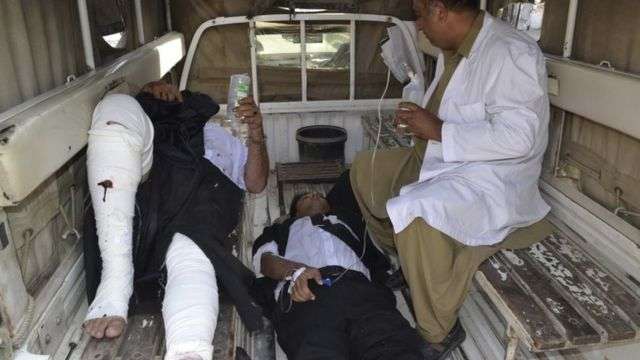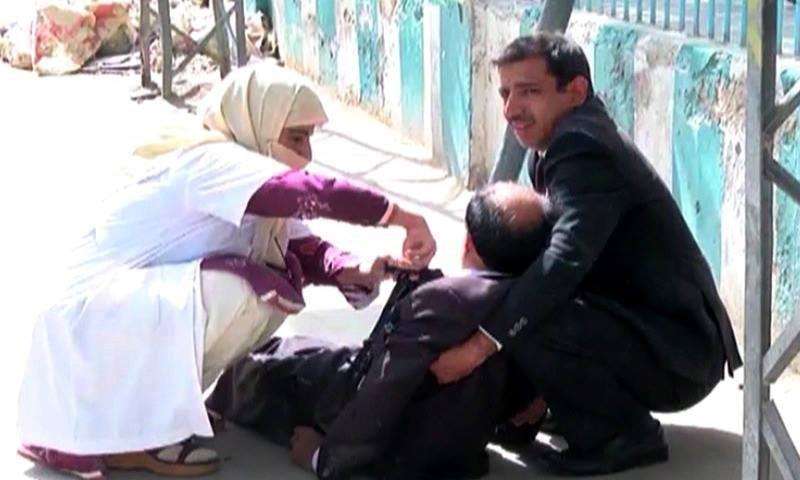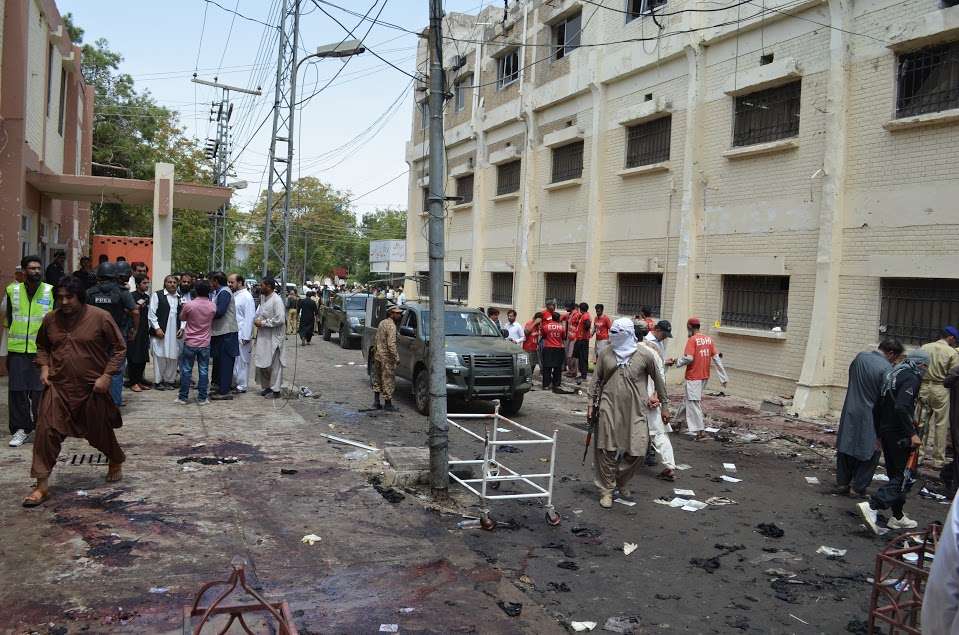
As we pay homage to the lives lost and the resilience demonstrated, let us renew our dedication to upholding the principles of justice, unity, and compassion that define our society. Let us ensure that the memory of the Civil Hospital Quetta tragedy serves as a catalyst for positive change, inspiring us to build a future where such horrors are consigned to history, and peace and harmony prevail. It has been seven long years since the devastating and heart wrenching incident that shook the very core of Quetta’s history – the Civil Hospital Quetta suicide bombing. On that fateful day, over 50 lawyers lost their lives, and hundreds were left injured and scarred for life. As we pause to remember this tragic event, it is essential not only to honor the memory of those who perished but also to reflect on the progress made in the aftermath and the lessons learned.

The Civil Hospital Quetta suicide bombing was not just an attack on innocent lives; it was an attack on justice, on the very fabric of society that relies on law and order to function harmoniously. Lawyers, who dedicate their lives to upholding the rule of law and defending justice, were targeted indiscriminately. The tragedy sent shockwaves not only through Quetta but also through the entire nation, highlighting the vulnerability of even those who serve as guardians of the law. In the wake of the incident, the city of Quetta, known for its resilience, demonstrated remarkable strength. The people of Quetta, along with the legal community, joined hands to support the victims’ families and stand against the forces of terror. This solidarity revealed the unwavering determination of the community to not succumb to fear but to rise above it.

What is more? It’s crucial to address the broader socio-economic and political issues that often contribute to the growth of extremism. Providing opportunities for marginalized communities, improving education, and fostering inter-community harmony are vital steps toward building a more resilient society that is less susceptible to extremist ideologies. The aftermath of the Civil Hospital bombing prompted a reevaluation of security measures and a renewed commitment to counterterrorism efforts. However, as time passes, the question arises: have we done enough to prevent such tragedies from happening again? While security forces and law enforcement agencies have taken steps to enhance security protocols, the ongoing threat of terrorism demands constant vigilance and adaptation.

In the chronicles of history, the Civil Hospital Quetta suicide bombing remains a stark reminder of the challenges our society faces in combating terrorism and extremism. It underscores the need for collective efforts, both from the government and the citizens, to create a safer and more secure environment for all. Let us not allow the passage of time to dim the memory of this tragedy or lessen our commitment to preventing such incidents from recurring. As we remember the lives lost in the Civil Hospital Quetta tragedy, we must also reflect on the resilience and determination displayed by the survivors and their families. They have faced unimaginable pain and loss, yet their courage to rebuild their lives and continue their pursuit of justice serves as an inspiration to all.
Courtesy Google for all pictures

